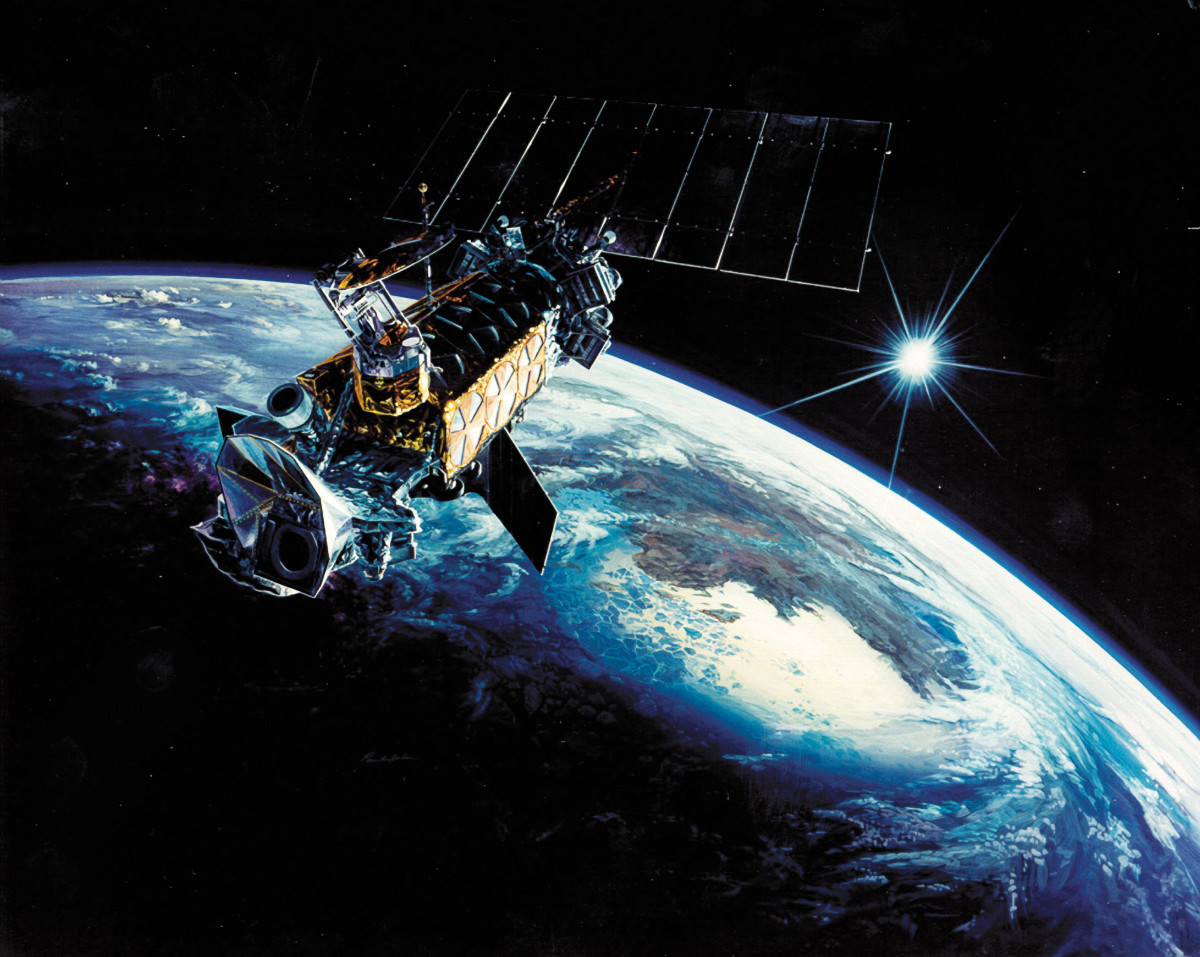Falls Church, Va.-based UbiquitiLink, a satellite startup providing mobile connectivity from space, has secured a $5.2 million in a second seed round of funding from D.C. venture firm Revolution‘s Rise of the Rest Seed Fund and Blazar Ventures.
Launched in 2017, UbiquitiLink’s patented space tech is designed to allow cellphone users to stay connected virtually anywhere on the globe using low-earth-orbit nanosatellites, even for people in isolated areas. This funding round brings the startup’s total raise to $12 million to date. UbiquitiLink said in a press release that it plans to use this funding to further develop its commercial service with a series of five space test flights of its tech.
“Our ability to connect satellites directly to mobile phones anywhere on Earth solves a fundamental economic problem that limits coverage in remote areas. It is economically unaffordable to build cell towers on the ground in communities with low population densities,” Charles Miller, cofounder and CEO of UbiquitiLink and a former senior NASA official, said in a statement.
UbiquitiLink’s service is designed to send data signals directly to standard cellphones. Axios reported that the startup’s initial commercial service will provide a backup connectivity for services like 911 in remote locations and emergency broadcasts.
Earlier this year, the satellite startup launched and tested a cell tower in space and in August. UbiquitiLink plans to launch a second cell tower in space to test both 4G and 2G cellphone connectivity. The company plans to launch fully operational satellites to begin its commercial service in 2020.
“We are building this solution for the 88 million Americans who live in rural areas and lose coverage at the edge of town. We are also building this solution for the 2.5 billion people in the world who don’t have a mobile phone, many because they are not connected where they live and work,” Miller said in the press release.







